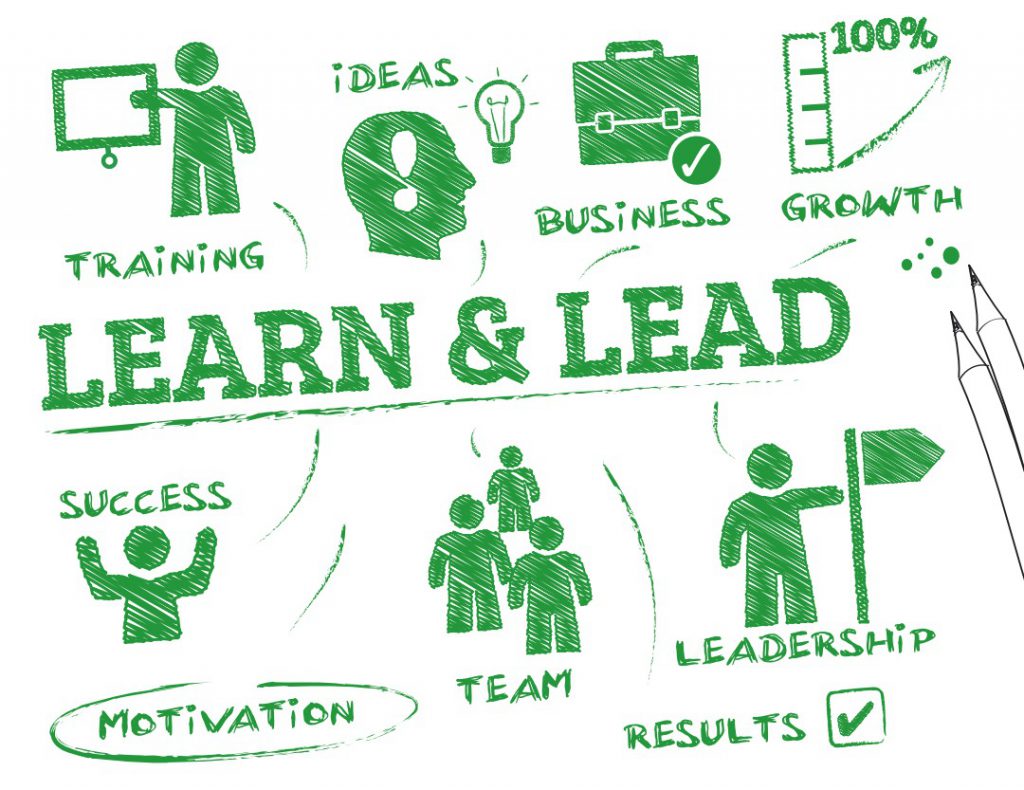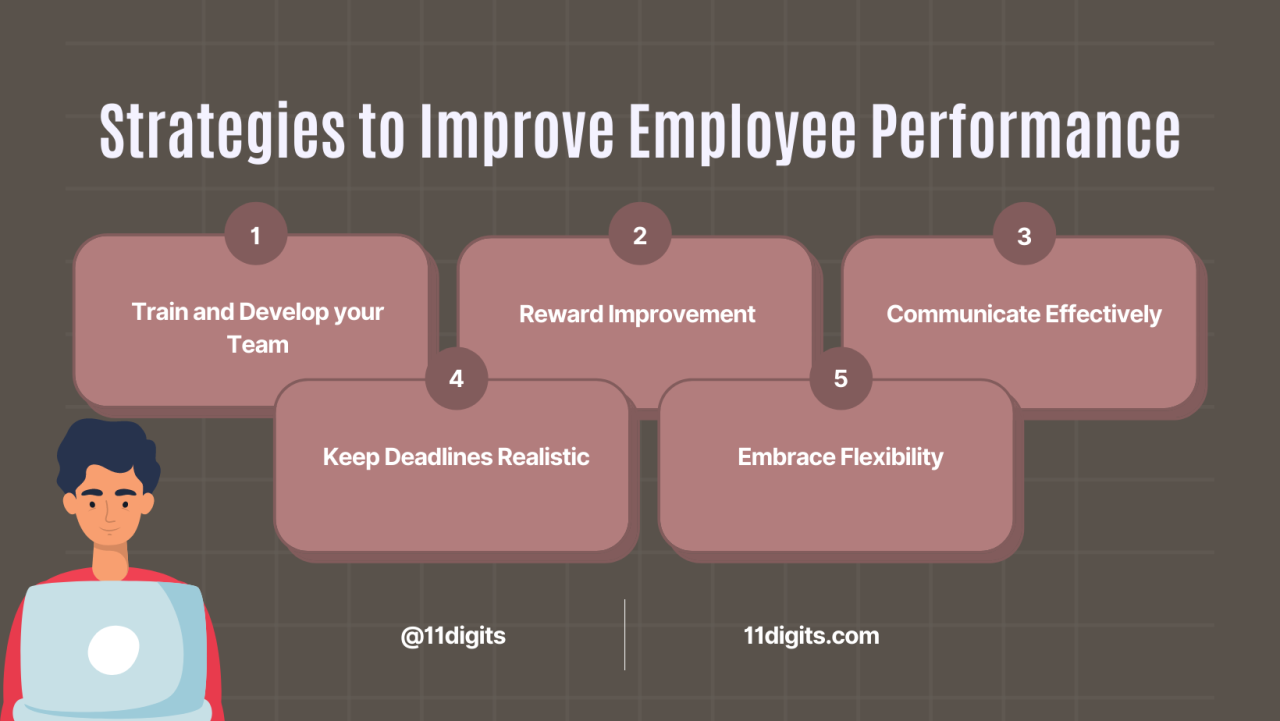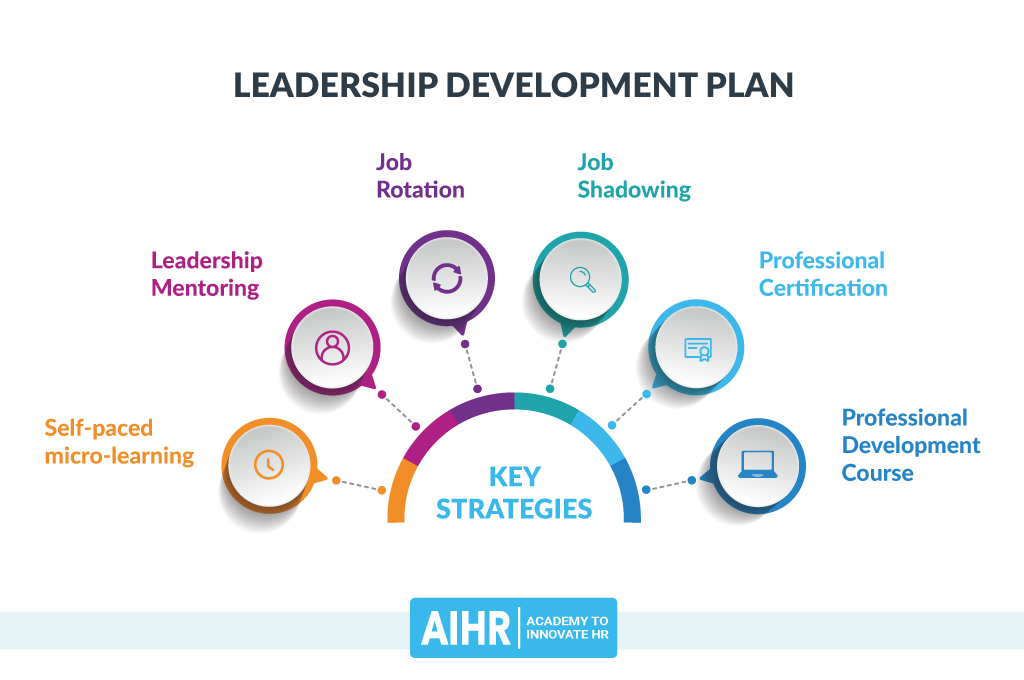Leadership Development Workshops
Leadership development workshops set the stage for personal and professional growth, offering a transformative journey filled with valuable insights and practical strategies to empower individuals and organizations alike.
Delving into the core components, strategies, and impact measurement of these workshops, this comprehensive guide aims to inspire and equip readers with the tools needed to excel in leadership roles.
Overview of Leadership Development Workshops
Leadership development workshops are programs designed to enhance the skills, knowledge, and capabilities of individuals in leadership roles. These workshops play a crucial role in fostering professional growth by providing participants with opportunities to learn, practice, and refine their leadership skills.
The objectives of leadership development workshops include improving communication, decision-making, problem-solving, and strategic thinking abilities. These workshops also aim to cultivate emotional intelligence, resilience, and adaptability in leaders, enabling them to navigate challenges effectively and lead their teams to success.
Examples of Successful Leadership Development Workshop Programs
- The Dale Carnegie Leadership Training program is a renowned workshop that focuses on developing leadership skills through interactive sessions, role-playing exercises, and real-world applications. Participants often report increased confidence, communication effectiveness, and team leadership capabilities after completing the program.
- The Center for Creative Leadership offers a variety of leadership development workshops tailored to different industries and organizational levels. These workshops cover topics such as leading change, building high-performing teams, and developing a strategic leadership mindset, providing participants with practical tools and strategies to excel in their roles.
- The Leadership Challenge Workshop, based on the best-selling book by James Kouzes and Barry Posner, is a highly impactful program that helps leaders identify their strengths, values, and areas for growth. Participants learn to inspire a shared vision, challenge the process, enable others to act, model the way, and encourage the heart, leading to enhanced leadership effectiveness and organizational performance.
Key Components of Effective Leadership Development Workshops
Effective leadership development workshops are essential for nurturing and enhancing the skills of future leaders. These workshops should include key components that focus on developing various aspects of leadership, including different styles, goal setting, feedback mechanisms, and reflection exercises.
Leadership Styles
Leadership styles play a crucial role in shaping an individual’s approach to leading others. In a leadership development workshop, participants should be introduced to different leadership styles such as autocratic, democratic, transformational, and servant leadership. Through interactive activities and case studies, participants can understand the strengths and weaknesses of each style and learn how to adapt their leadership approach based on the situation.
Goal Setting
Goal setting is an integral part of leadership development as it helps individuals define their objectives and create a roadmap for achieving them. In workshops, participants should be guided on setting SMART goals (Specific, Measurable, Achievable, Relevant, Time-bound) and creating action plans to work towards them. Through goal-setting exercises, participants can learn the importance of setting clear objectives and tracking their progress effectively.
Feedback Mechanisms
Feedback is essential for growth and improvement in leadership. In leadership development workshops, feedback mechanisms should be incorporated to provide participants with constructive criticism and praise. Peer feedback, self-assessment tools, and feedback from facilitators can help participants identify their strengths and areas for improvement. This feedback loop enhances self-awareness and encourages continuous learning.
Reflection Exercises
Reflection is a powerful tool for leadership development as it allows individuals to analyze their experiences, learnings, and actions. Through reflection exercises in workshops, participants can review their leadership practices, identify patterns in their behavior, and explore alternative approaches. By engaging in reflective activities, participants can gain valuable insights into their leadership style and make informed decisions for future growth and development.
Strategies for Designing Engaging Leadership Development Workshops

Creating engaging leadership development workshops is crucial for maximizing participant learning and retention. Here are some tips to design interactive and impactful workshop sessions:
Incorporating Experiential Learning Activities
Experiential learning activities are essential for engaging participants and enhancing their leadership skills. By incorporating hands-on exercises, role-plays, simulations, and group activities, you can create a dynamic learning environment where participants can apply theoretical concepts to real-life situations. This active participation fosters a deeper understanding of leadership principles and encourages collaboration among participants.
Tailoring Workshops to Meet Participant Needs
It is important to customize workshops to address the specific needs and goals of participants. Conduct pre-workshop assessments or surveys to gather information about the skill levels, experiences, and challenges of the participants. Based on this data, you can tailor the content, activities, and discussions to meet the unique requirements of the group. By personalizing the workshop experience, you can ensure that participants are fully engaged and motivated to learn and grow.
Creating Interactive Workshop Sessions, Leadership development workshops
To design engaging workshop sessions, incorporate a variety of interactive elements such as group discussions, case studies, peer feedback, and reflection exercises. Break up long lectures with interactive segments that encourage participation and active learning. Use multimedia tools, technology, and visual aids to enhance engagement and create a stimulating learning environment. Encourage collaboration, communication, and problem-solving through team-based activities that promote interaction and idea-sharing among participants.
Measuring the Impact of Leadership Development Workshops

Measuring the impact of leadership development workshops is crucial to assess their effectiveness and ensure that they are delivering the desired outcomes. By utilizing specific methods and key performance indicators (KPIs), organizations can gather valuable insights into the success of their leadership development programs.
Methods for Evaluating Effectiveness
- Conducting pre and post-workshop assessments to track individual progress and development.
- Collecting feedback through surveys and interviews to gauge participant satisfaction and learning outcomes.
- Utilizing 360-degree feedback assessments to gather insights from peers, superiors, and subordinates on leadership growth.
Key Performance Indicators (KPIs)
- Employee engagement levels before and after the workshop.
- Retention rates of workshop participants compared to non-participants.
- Improvement in leadership competencies and skills demonstrated in the workplace.
Tools and Techniques for Assessment
- Surveys with Likert scale questions to measure participant satisfaction and perceived impact.
- Behavioral assessments to evaluate changes in leadership behaviors post-workshop.
- Follow-up interviews with participants to delve deeper into the application of workshop learnings in their roles.
Questions Often Asked
What are the key objectives of leadership development workshops?
Leadership development workshops focus on enhancing leadership skills, fostering personal growth, and driving professional development.
How can workshop activities incorporate different leadership styles?
Workshop activities can include role-playing scenarios, group discussions, and case studies to showcase various leadership styles in action.
What are some effective methods for evaluating the impact of these workshops?
Measuring participant feedback, tracking performance improvements, and analyzing organizational outcomes are common methods used to evaluate the effectiveness of leadership development workshops.




